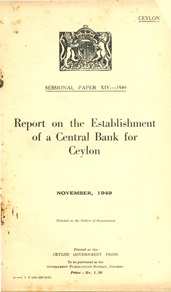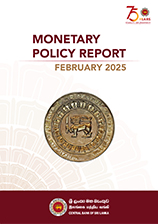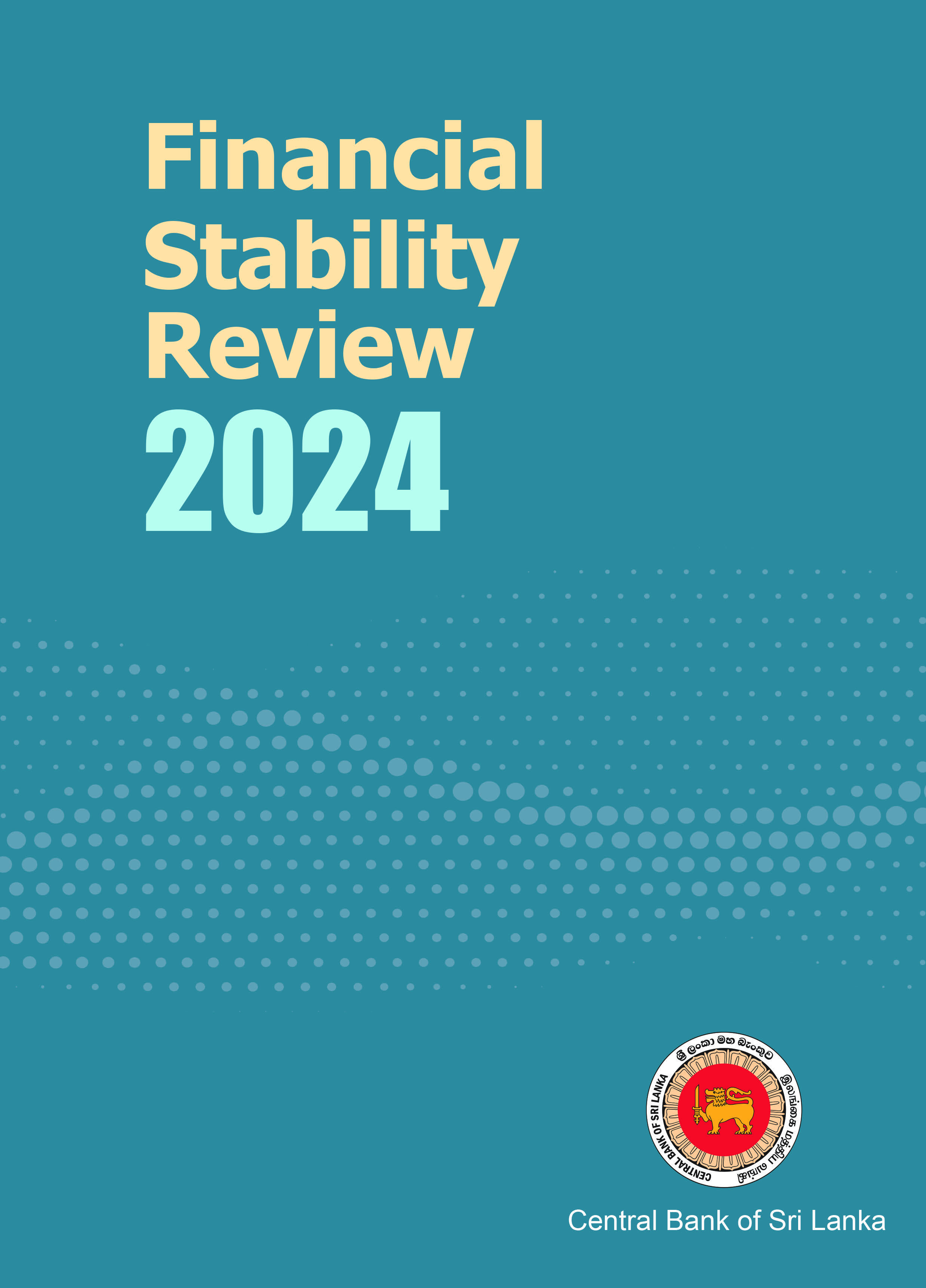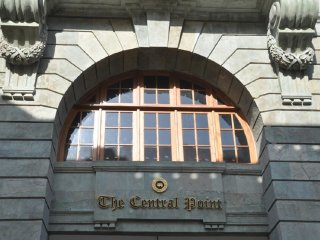The Central Bank of Sri Lanka (CBSL) together with financial institutions with LANKAQR enabled payment apps launched “රට පුරාම LANKAQR”, Island wide awareness campaign on 12 September 2020 at the Central Bank of Sri Lanka Regional Office - Matale under the theme of “මාතලේට LANKAQR” (Taking LANKAQR to Matale). The chief guest of this inaugural ceremony was Deshamanya Prof. W. D. Lakshman, Governor, CBSL. CEOs and officials of Licensed Commercial Banks, Licensed Specialized Banks, Licensed Finance Companies, Telecommunication companies functioning as licensed service providers of mobile payment systems as well as representatives of LankaClear (Pvt) Ltd., prominent government authorities and law enforcement authorities of the Matale region attended this ceremony. The aim of this public awareness campaign is to encourage the usage of LANKAQR QR code based digital payments due to its numerous benefits to the public and the economy.
LANKAQR is a common Quick Response (QR) code standard adopted by financial institutions in Sri Lanka to facilitate fast, secure and low cost digital payments to any merchant, especially small and medium enterprises. It enables customers to pay merchants directly from their bank accounts using a LANKAQR compliant mobile payment app. The payment is instantly credited to the merchant’s bank account. The LANKAQR printed sticker is provided free of charge to merchants to display at their place of business by the member institutions of LANKAQR. To pay using LANKAQR, a customer has to scan the LANKAQR using a mobile payment app and the merchant will receive an instant SMS notification, confirming the receipt of payment.
This is a low cost solution as the maximum Merchant Discount Rate (MDR - fees paid by merchant to the bank that issues the LANKAQR code) has been mandated at 1% by the CBSL and to further encourage merchants to adopt LANKAQR, the MDR will be 0.5% during 2020. There is no cost to the customer in using LANKAQR based payments. It is envisaged that this would encourage digital payments in the economy and reduce the cost of cash management, as well as formalize the informal sector.










